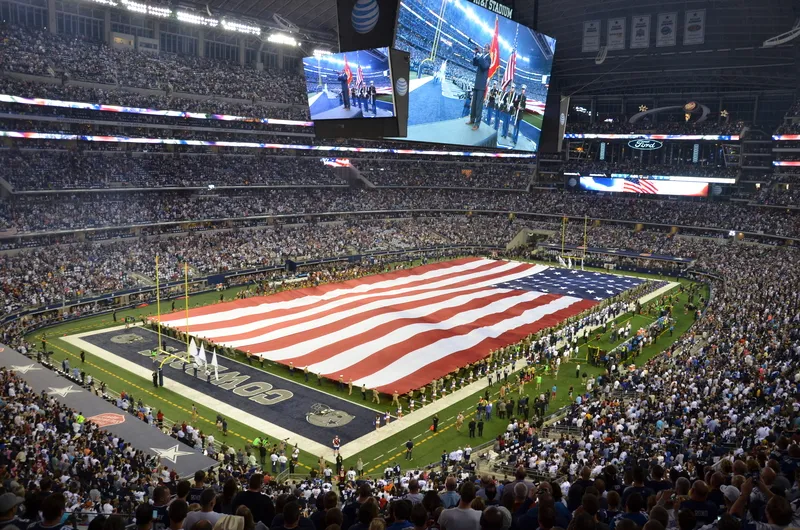The Middle East and North Africa (Mena) region has a US$225 billion rail, metro, tram and bus rapid transit (BRT) capital investment programme to 2030, according to a report by Meed Projects.
There are now 108 separate railway, metro, monorail, tram and BRT projects under bid, under design or under study in fourteen Mena countries. More than 50 of them, with a combined value of almost $140 billion, are in the Gulf Cooperation Council (GCC).
October 17, 2013
Read time: 2 mins
The Middle East and North Africa (Mena) region has a US$225 billion rail, metro, tram and bus rapid transit (BRT) capital investment programme to 2030, according to a report by Meed Projects.
There are now 108 separate railway, metro, monorail, tram and BRT projects under bid, under design or under study in fourteen Mena countries. More than 50 of them, with a combined value of almost $140 billion, are in the Gulf Cooperation Council (GCC).
Saudi Arabia has the greatest potential with projects worth US$50 billion due to be completed by 2025. Rail, metro, tram and BRT projects in Qatar worth more than US$30 billion are scheduled to be finished by 2020, ahead of the Qatar 2022 World Cup Finals. The third biggest rail market is the UAE, where US$27 billion worth of projects is due for completion by 2030.
These projects will be highlighted at the Meed Mena Rail & Metro Summit which opens at in Abu Dhabi at the end of October, when around fifty experts from government and private businesses in the GCC, the wider Middle East and the world will address the event, with over 300 delegates expected to attend the conference.
Speakers at the conference include Dr Mohammed Montazeri, deputy managing director for planning and logistics at the Tehran Urban and Suburban Railway Company. Iran has more than US$15 billion of major projects in the pipeline and two-thirds of this planned investment will be in the urban rail network of the Iranian capital by 2025.
There are now 108 separate railway, metro, monorail, tram and BRT projects under bid, under design or under study in fourteen Mena countries. More than 50 of them, with a combined value of almost $140 billion, are in the Gulf Cooperation Council (GCC).
Saudi Arabia has the greatest potential with projects worth US$50 billion due to be completed by 2025. Rail, metro, tram and BRT projects in Qatar worth more than US$30 billion are scheduled to be finished by 2020, ahead of the Qatar 2022 World Cup Finals. The third biggest rail market is the UAE, where US$27 billion worth of projects is due for completion by 2030.
These projects will be highlighted at the Meed Mena Rail & Metro Summit which opens at in Abu Dhabi at the end of October, when around fifty experts from government and private businesses in the GCC, the wider Middle East and the world will address the event, with over 300 delegates expected to attend the conference.
Speakers at the conference include Dr Mohammed Montazeri, deputy managing director for planning and logistics at the Tehran Urban and Suburban Railway Company. Iran has more than US$15 billion of major projects in the pipeline and two-thirds of this planned investment will be in the urban rail network of the Iranian capital by 2025.









